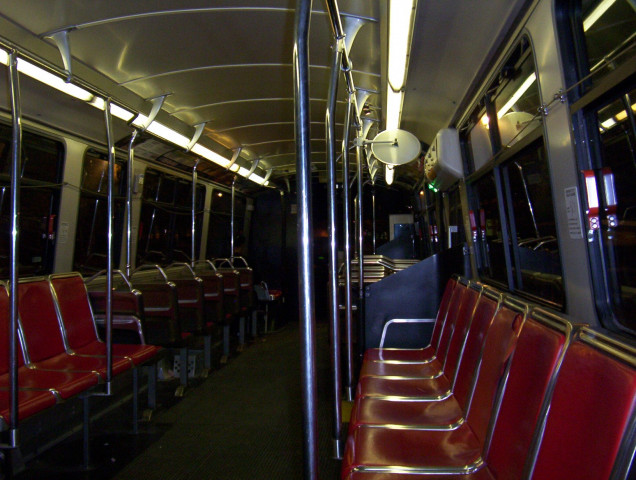Public transport: City admin pins hope on defunct bus service revival
Varan Tours, with a fleet of 600 buses, stopped operations in 2010.

The Rawalpindi administration is pinning hope on a proposal to revive a defunct bus service to ease transport issues and avoid the public anger that the city witnessed during protests against gas shortage recently.
Rawalpindi District Coordination Officer (DCO) Saqib Zafar said that the recent strike by transporters against the proposed ban on Compressed Natural Gas (CNG) had accentuated the need of a systemised bus service in Islamabad and Rawalpindi.
He said the administration has been negotiating with different transporters to launch a bus service. He added that they have also been trying to convince Varan Tours, which has a fleet of around 600 buses, to resume its operations. If successful, the new service will break the monopoly of wagon and Suzuki carry operators in the twin cities.
Zafar said the private bus company had demanded Rs600,000 for repair of each non-operative bus but the government had offered to pay Rs400,000. “The agreement has not been finalised yet, and we are hopeful that the bus company’s response will be positive,” the DCO added.
After seven years of operation, Varan stopped their bus service in 2005 following multiple accidents and complaints against its drivers. In 2008, the Punjab government persuaded the company to resume their service, before the company stopped running its buses once again in early 2010.
Unregulated fares vex commuters
About 100 wagons and 500 Suzuki pickups operate on different routes in the twin cities; however the absence of a bus service had been a cause of concern for the commuters, especially when they are forced to pay high fares three days a week when CNG is cut off.
“We see no control of Regional Transport Authority (RTA) during the days of CNG closure,” said Saeed Ahmed, a government official. His claim was corroborated by countless other commuters.
RTA Secretary Asad Kazmi disagreed.
He said that his office has “never allowed transporters to charge fares higher than those fixed” and has imposed fines on violators to deter the practice.
He said the current fare list, which was last revised in February 2010, is based on petrol and diesel prices. He said that the only reason transporters had not agitated against the fixed fares, despite multiple hikes in petroleum prices during the period, is because they had access to CNG.
If the transporters are forced to use petrol and diesel instead of CNG, they will definitely have the fare list revised, he added.
The recent strike by transporters, coupled with widespread protests against shortage and price hike of CNG brought life in the two cities to a standstill.
Without wagons and passengers vans plying roads, people who couldn’t afford high fares of the only available alternate, taxicabs, were unable to reach their workplaces, schools or even hospitals.
Published in The Express Tribune, January 9th, 2012.



















COMMENTS
Comments are moderated and generally will be posted if they are on-topic and not abusive.
For more information, please see our Comments FAQ